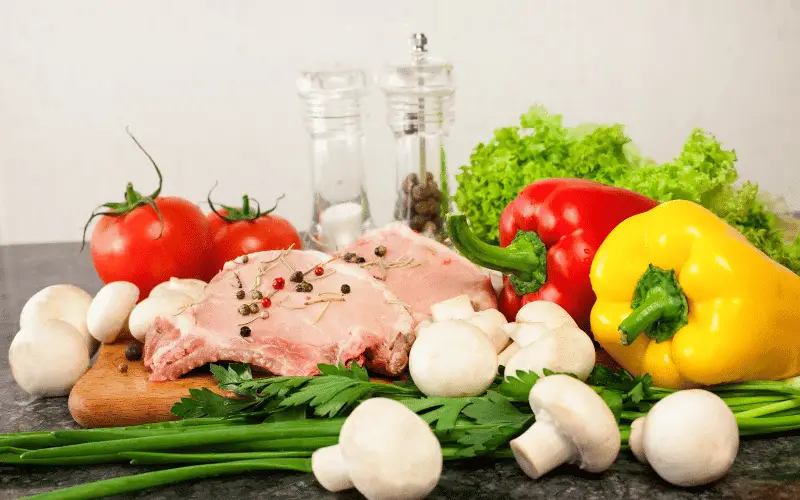Introduction: Charting the Course
The journey of recuperation post-thyroidectomy is as individual as each patient. Embracing this journey begins with understanding the intricate relationship between thyroid function and dietary habits. It’s about identifying nutritional choices that harmonize with the body’s new dynamics after a thyroidectomy. This article will elucidate 15 dietary tips designed to aid your path to recovery and ultimately help in adjusting to life post-thyroidectomy.
Thyroidectomy, the surgical removal of all or part of your thyroid gland, is a common procedure undertaken to treat a multitude of thyroid-related conditions. While it’s an essential and often successful operation, it’s only half the battle. The other half consists of how you adapt to the new physiological changes, and an essential part of this adaptation lies in your diet.
Nourishing your body correctly is a cornerstone to flourishing health post-surgery. With your thyroid gland partially or entirely removed, your metabolism will likely alter. This occurrence demands modifications in your dietary habits to counterbalance these changes and promote optimal health.
But, fear not, you’re not alone in this journey. With the right guidance and knowledge, you can navigate your dietary choices seamlessly, giving your body the best chance at a smooth and comfortable recovery. So, let’s explore the 15 dietary tips you need to know post-thyroidectomy.
Tip 1. The Low-Iodine Route: A Must Consider After Thyroidectomy
 Advertisements
Advertisements
Iodine is a vital mineral that your body requires to produce thyroid hormones. But in a post-thyroidectomy scenario, your relationship with iodine changes. Healthcare professionals often recommend a low-iodine diet post-surgery, especially if you’re scheduled for radioactive iodine therapy.
A low-iodine diet reduces the amount of iodine in your body, thereby increasing the effectiveness of radioactive iodine treatments. It helps enhance the treatment’s absorption rate, making it more effective in eliminating any remaining thyroid tissue after surgery.
But what does a low-iodine diet look like? It includes foods low in iodine, avoiding certain foods such as iodized salt, dairy products, seafood, and some grains.
Opt instead for fresh fruits, vegetables, and lean meats. But remember, this diet is typically temporary, usually recommended for one to two weeks before your radioactive iodine treatment and for about a week after treatment. (1)